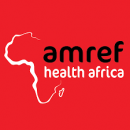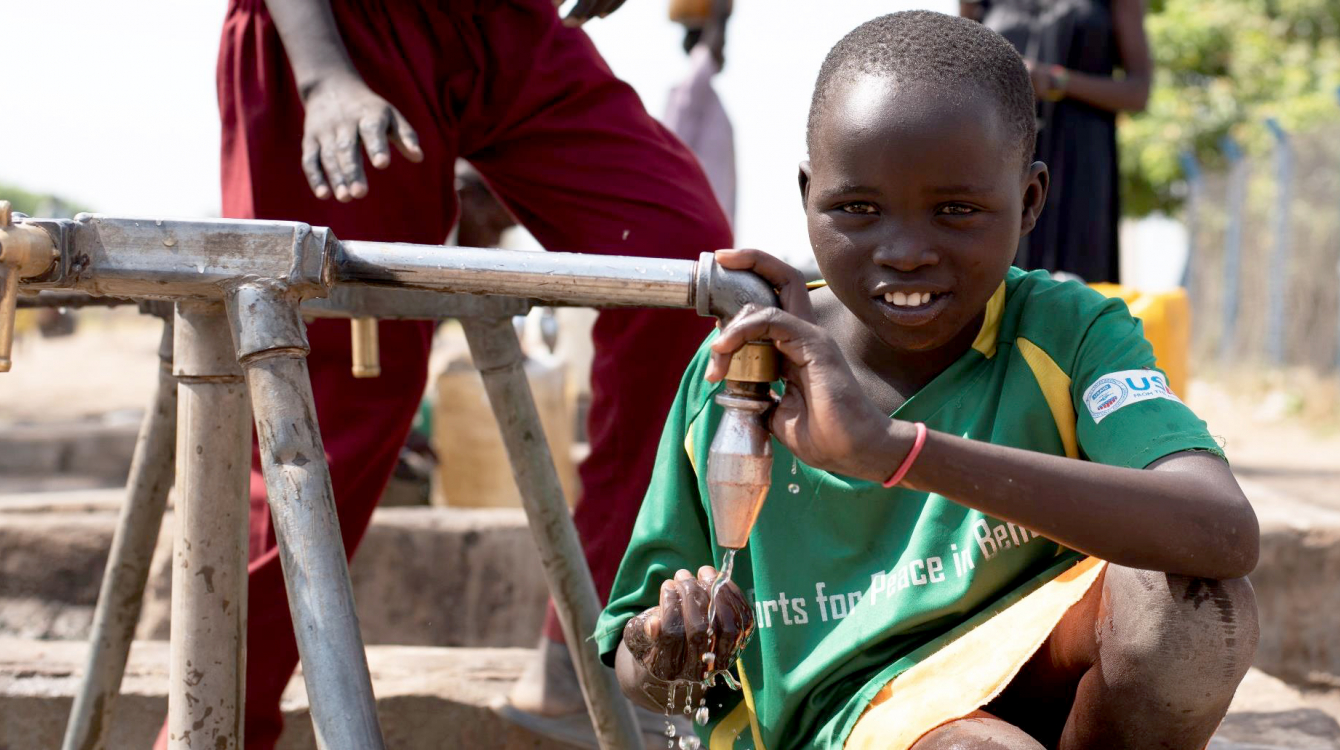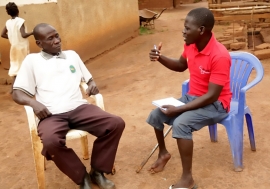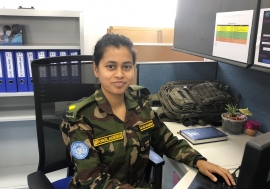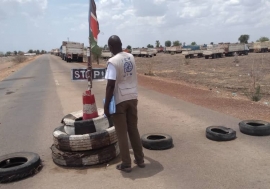Mary Nosa Duku is a mother of six children and a widow. She is also the vice-secretary of the Maridi borehole management committee that is in charge of ensuring that the only source of clean and safe water in the village is well maintained.
“My role is to ensure that the borehole is functioning well. I also help the treasurer in collecting monthly tariffs from the community, which is then used to maintain the borehole,” explains Ms. Duku.
Ms. Duku lives in Maridi, west of South Sudan’s capital city Juba, where an estimated 50 per cent of the population lacks access to safe and clean drinking water.
In South Sudan, only 10% of the population has access to safely managed and basic service sanitation, according to WHO and UNICEF. Drinking dirty and contaminated water leads to water borne diseases such as cholera and other diarrheal diseases, a leading cause of death among children in the country.
Yet, for years, Ms. Duku walked for more than three kilometres every day to fetch water from a contaminated stream.
“Diarrhea cases were very common in my family, especially among my children. They often missed school and this affected their grades,” says Ms. Duku.
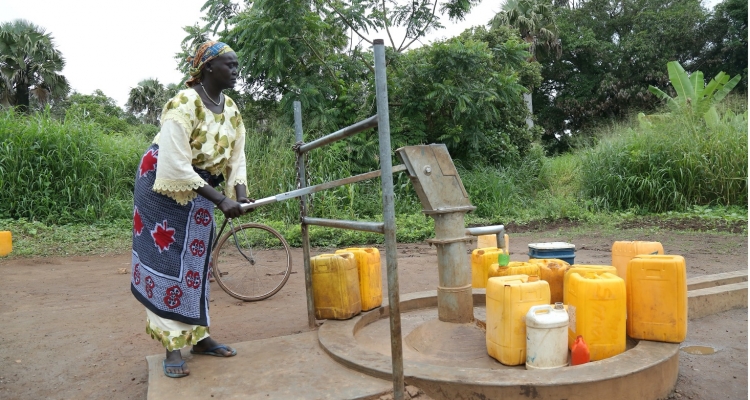
Today, she hardly walks a kilometer before she collects clean and safe drinking water for her family from the borehole. This frees up her time so she can spend it with her family.
Ms. Duku is not the only one who has greatly benefited from the borehole that was installed by Amref Health Africa through support from Germany’s Federal Ministry for Economic Cooperation and Development (BMZ).
For Ms. Esther Lavik, a friend of Ms. Duku’s family, the borehole has changed her family. As a Wildlife Services Officer and a farmer, Ms. Lavik now has enough time to focus on her job and farming which she loves.
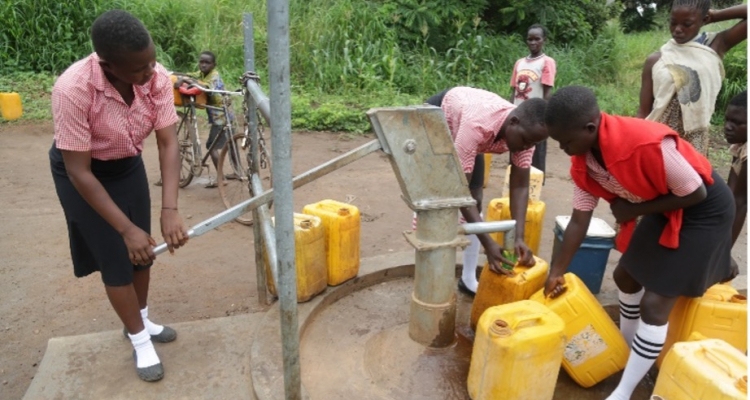
With more access to safe and clean water, Ms. Lavik’s family is healthy and safe. “I have time to concentrate on my job and I now have more time to work on my farm. I no longer spend a lot of my time going to fetch water,” she says.
Maridi Girls Boarding Secondary School is also a key beneficiary of the borehole project.
“We had a huge challenge of not having clean drinking water in the school. Our students wasted a lot of time going to fetch water from a nearby stream. Since the borehole was constructed near our school, students can now focus on their studies,” says Mr. Bulle Emmanuel, the headteacher.

